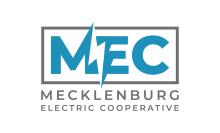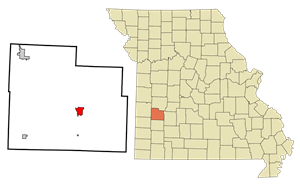How Rural America Gets Left Behind - Episode 660 of the Community Broadband Bits Podcast

In this episode of the podcast, Chris reconnects with Jonathan Chambers from Conexon to unpack the past, present, and future of federal broadband policy.
They revisit the lessons of the Rural Digital Opportunity Fund (RDOF), the wave of defaults that followed, and why definitions of “broadband” have so often favored weaker technologies over fiber.
Jonathan shares insights on the BEAD program, the risks of funneling funds to satellite providers, and how policy choices today will shape whether rural communities thrive or wither tomorrow.
Despite frustrations, he ends with a call for evidence-based decisions and hope that local voices can still steer broadband investment where it’s needed most.
This show is 48 minutes long and can be played on this page or via Apple Podcasts or the tool of your choice using this feed.
Transcript below.
We want your feedback and suggestions for the show-please e-mail us or leave a comment below.
Listen to other episodes or view all episodes in our index. See other podcasts from the Institute for Local Self-Reliance.
Thanks to Arne Huseby for the music. The song is Warm Duck Shuffle and is licensed under a Creative Commons Attribution (3.0) license









